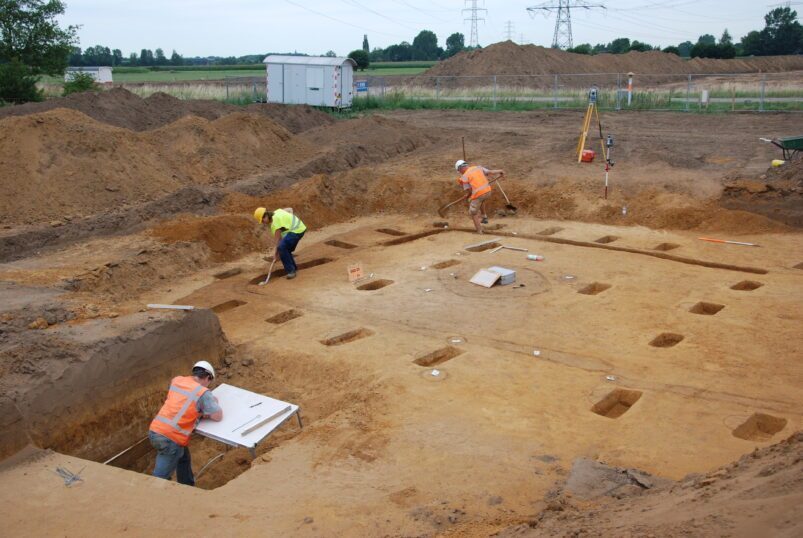Archaeology increasingly demands government support to optimize both academic and societal benefits. That is the overall insight gained from an investigation carried out by a Dutch team into the working of contract archaeology in five EU countries, reported on early February to Dutch Heritage Agency RCE.
The investigation was ordered by the House of Representatives anticipating the evaluation of the Dutch Heritage Act, due this summer. Earlier, three issues in the Dutch archaeological heritage management system had been cause for growing concern. Reports on developer-led archaeological investigations, liberalized since the ratification of the Council of Europe’s archaeological Convention of Valletta (Malta), are not always fit for subsequent academic research. Knowledge gain, in other words, is sub-optimal.
Furthermore, the results of archaeological rescue excavations are not well accessible for a broader audience. Finally, decentralization of governance to municipal levels leads to loss of critical mass for the oversight of this often highly specialized work, which, moreover, is relevant mostly at supra-municipal scale. All three issues are connected to political choices, made decades ago, for a commercial and fragmented, neo-liberal heritage regime in The Netherlands.
Archaeoregimes
Dutch parliament wondered what inspiration practices abroad might offer. Last winter, five ‘archaeoregimes’ were surveyed, in Sweden, Denmark, Rhineland, Flanders and England. The basis was literature about laws and regulations, and stakeholders’ opinions on the effectiveness of their regimes.
Though all areas show huge differences in the application of the same Valletta principles, all struggle with similar issues as the Dutch, for which some 40 elements were found to be of potential inspiration. These range from high level, legal arrangements (“polluter pays” principle covering both academic and public outcomes) to quite practical solutions (annual state funding for synthetical research based on contract-archaeological reports).
Across the regions studied, it was found that a regional focus, at a not too low level, offers the best context for sustainable heritage management, with regard to both content and governance.
Source: R. Knoop, H. van Londen, M. van den Dries, S. Landskroon, Brave New Worlds. Foreign inspirations for Dutch archaeological heritage management. Amsterdam: Gordion Cultureel Advies 2021 and Rijksdienst voor Cultureel Erfgoed.
Read more about archaeology or check out one of the tags below:

